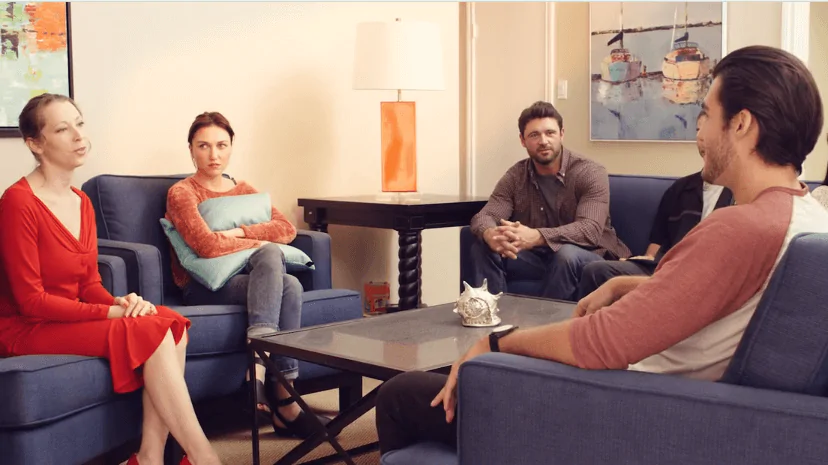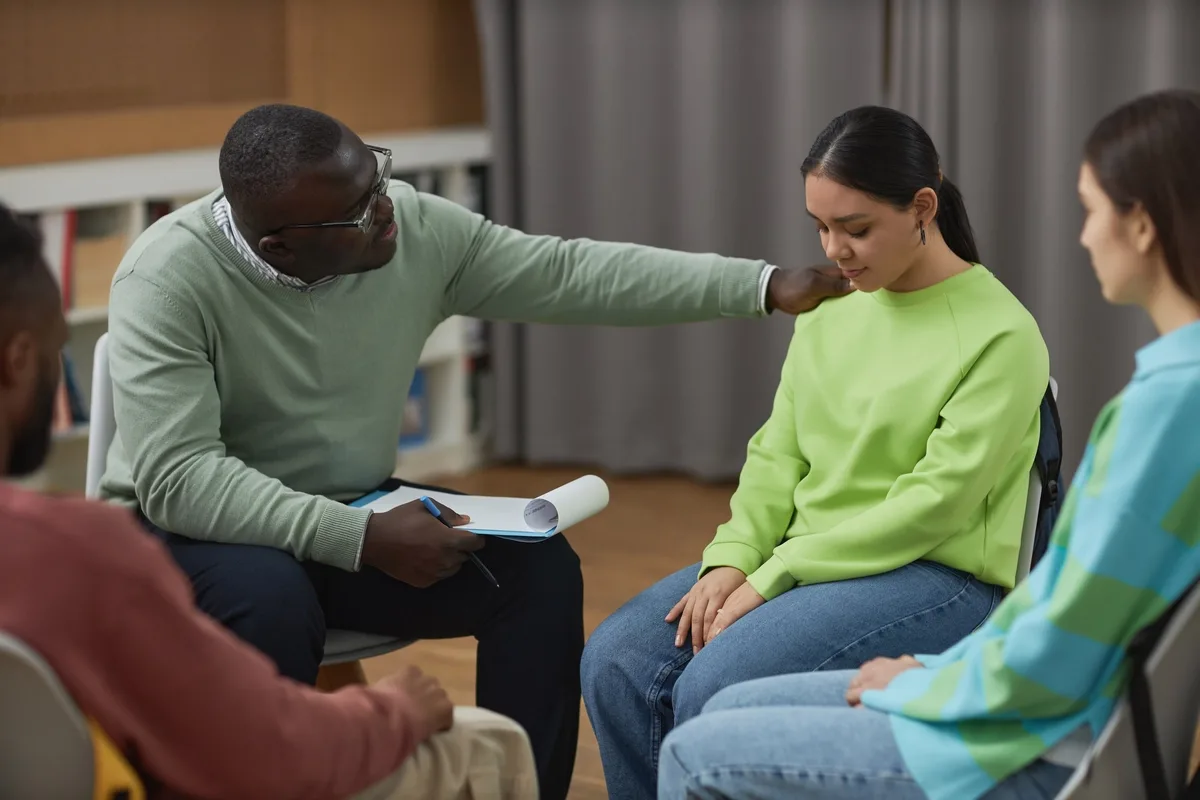24/7 Helpline:
(866) 899-111424/7 Helpline:
(866) 899-1114
Learn more about PTSD Treatment centers in Verona
PTSD Treatment in Other Cities

Other Insurance Options

Ambetter

PHCS Network

WellCare Health Plans

BHS | Behavioral Health Systems

Anthem

MHNNet Behavioral Health

Humana

Magellan Health

Health Choice

Access to Recovery (ATR) Voucher

UnitedHealth Group

CareFirst

CareSource

Absolute Total Care

Kaiser Permanente

Regence

Carleon

Health Net

American Behavioral

Cigna












